Picking up the tariff stick can't save the European auto market
![]() 09/20 2024
09/20 2024
![]() 432
432
The EU's hope for the recovery of the auto market is far more urgent than it was in 1947.
As the birthplace of modern automobiles, Europe has always been the vane of global automotive development. Although the focus of the automotive industry has shifted several times, the European automotive market has always had an important influence globally and contributed a significant market share.
However, the European automotive market, once the vane of global automobiles, is now entering a stage of slow aging, much like an old classic car, with sluggish sales.
According to data released by the European Automobile Manufacturers Association (ACEA), passenger car sales in the EU grew by 4.5% in the first half of this year, reaching nearly 5.7 million vehicles, but this is still far below the same period in 2019. The recovery of the automotive market remains sluggish, with France, a major market, even experiencing a year-on-year decline.
Regarding the decline in auto sales, EU officials believe that imported Chinese new energy vehicles have impacted the European market. Early in the year, they raised the tariff stick in an attempt to scare off new energy vehicles from the East.

Based on a survey with predetermined outcomes, the EU completed a preliminary investigation with unprecedented efficiency, claiming that the investigation found that Chinese new energy vehicles have excess production capacity and are dumping into the EU at low prices. Therefore, it was decided to impose punitive tariffs on new energy vehicles originating in China.
Surprisingly, while Chinese automakers have not yet taken concrete actions, Europe's local automakers have become restless, initiating large-scale layoffs and plant closures.
Volkswagen dares to be the first
Earlier this month, Volkswagen Group, Europe's largest automaker, was reported to be considering shutting down an automotive manufacturing plant and a parts factory in Germany, while also terminating an employment protection agreement implemented since 1994 to facilitate subsequent layoffs.
As soon as the news broke, it immediately drew attention and opposition from various parties. The German trade union IG Metall, representing the employees, was the first to come forward and strongly oppose the proposal.
Soon, the union received strong support. The German government of Lower Saxony, where Volkswagen Group's headquarters is located, publicly expressed support for the union, stating that Volkswagen should not consider closing factories. As one of the major shareholders, the local government's words carried weight, almost to the point of directly addressing issues with Volkswagen's board of directors.
While there was much criticism internally over Volkswagen's proposal to shut down factories, investors voted with their money in the market, sending Volkswagen's share price up 1.2% after the news was announced. The market was pleased to see such a large automotive group as Volkswagen making changes.
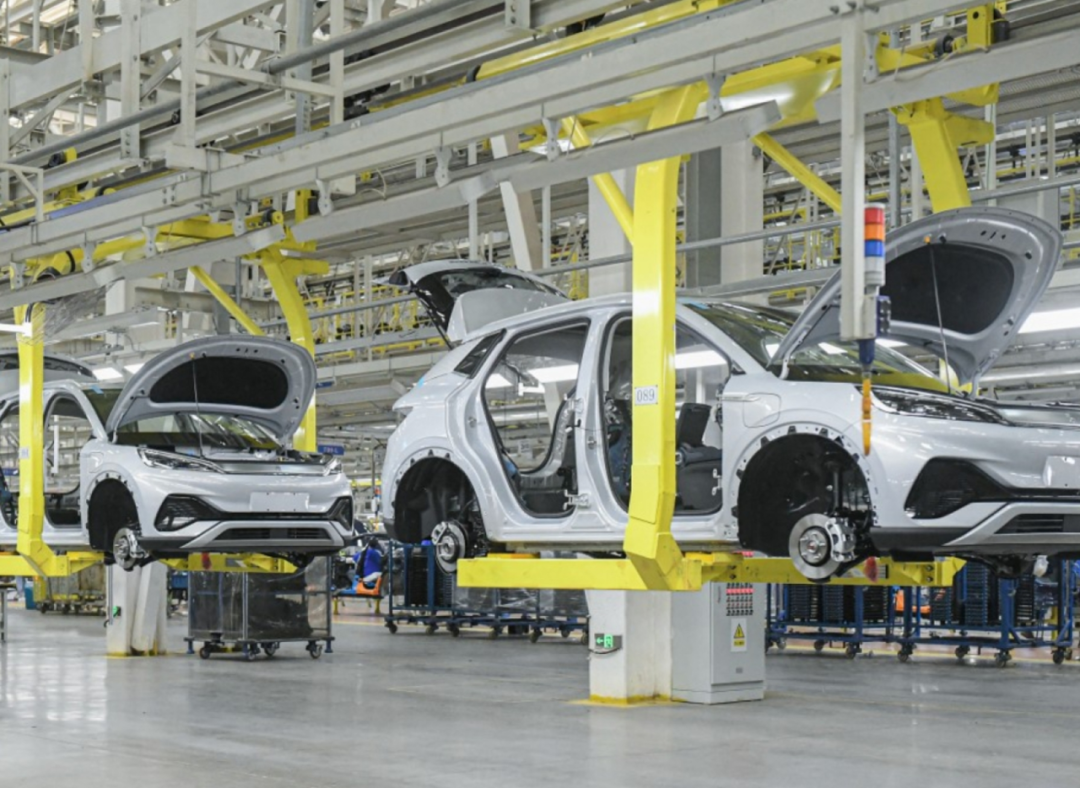
Of course, all of this is driven by declining European auto sales. According to German analysts, the European auto market has shrunk by 2 million vehicles since 2019, with Volkswagen alone losing about 500,000 sales, roughly equal to the output of two local factories.
Although Volkswagen Group CEO Oliver Blume has not explicitly responded to questions about factory closures and production capacity, he has publicly stated on multiple occasions that Germany's automotive industry, as a manufacturing base, is losing competitiveness in the increasingly challenging European economic environment.
From this perspective, it seems that European automakers may indeed be facing a risk of excess production capacity, but the excess capacity is in gasoline-powered vehicles. This is also recognized by French automotive industry insiders.
Fiev, head of the French Automobile Suppliers' Association, said in an interview, "The automotive industry faces the risk of losing half of its jobs in the coming years due to declining car sales, a slowdown in the electric vehicle market, and competition from China."
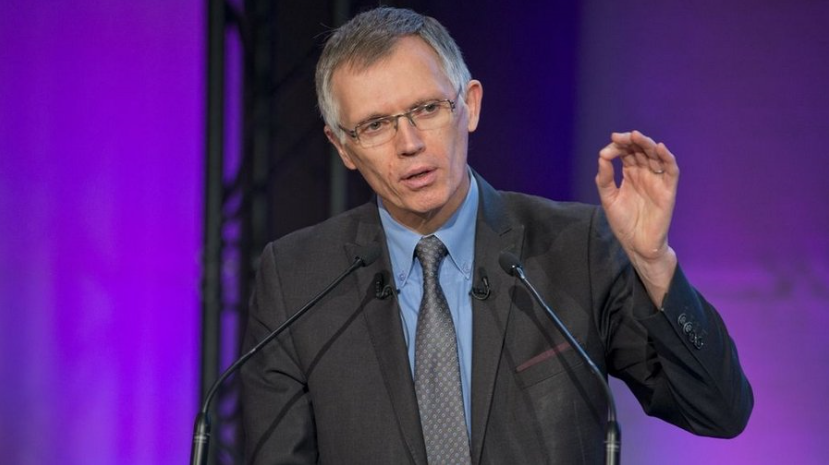
Carlos Tavares, CEO of Stellantis, France's largest automotive group, also expressed his concerns and countermeasures after Volkswagen's layoffs. He said he is trying to avoid layoffs as much as possible, focusing on producing low-cost new energy vehicles to replace gasoline-powered vehicles and enhance the competitiveness of local products.
It can be said that Tavares has hit the nail on the head regarding the real factors behind the decline in European auto sales. Unable to produce low-cost models, Europe could once assemble a complete supply chain within its borders during the gasoline-powered era. However, in the new energy era, the original supply chain has been shattered, and Europe is no longer the primary market for automotive production.
It can be said that the biggest problem in the European auto market lies in the supply chain.
Loss of upstream markets
As a labor-intensive industry, cost control in automotive manufacturing relies heavily on economies of scale. The average manufacturing cost for 100,000 vehicles is significantly lower than that for 10,000 vehicles.
During the gasoline-powered era, industry giants like Volkswagen could achieve a high degree of component commonality within their operations. A small component could even be used in multiple models across Volkswagen and Audi brands, fully leveraging economies of scale.
In the new energy era, traditional component production has transformed, especially in the distribution of three-electric-related industries. Europe does not have many factories, especially in the field of power batteries, where European companies have lost their voice and must import from China, Japan, and South Korea.
Of course, the loss of the new energy supply chain is largely due to the slow progress of Europe's new energy industry. Apart from power batteries, the current automotive supply chain market is still dominated by European companies, with Bosch, ZF, and others remaining active suppliers to new energy automakers.
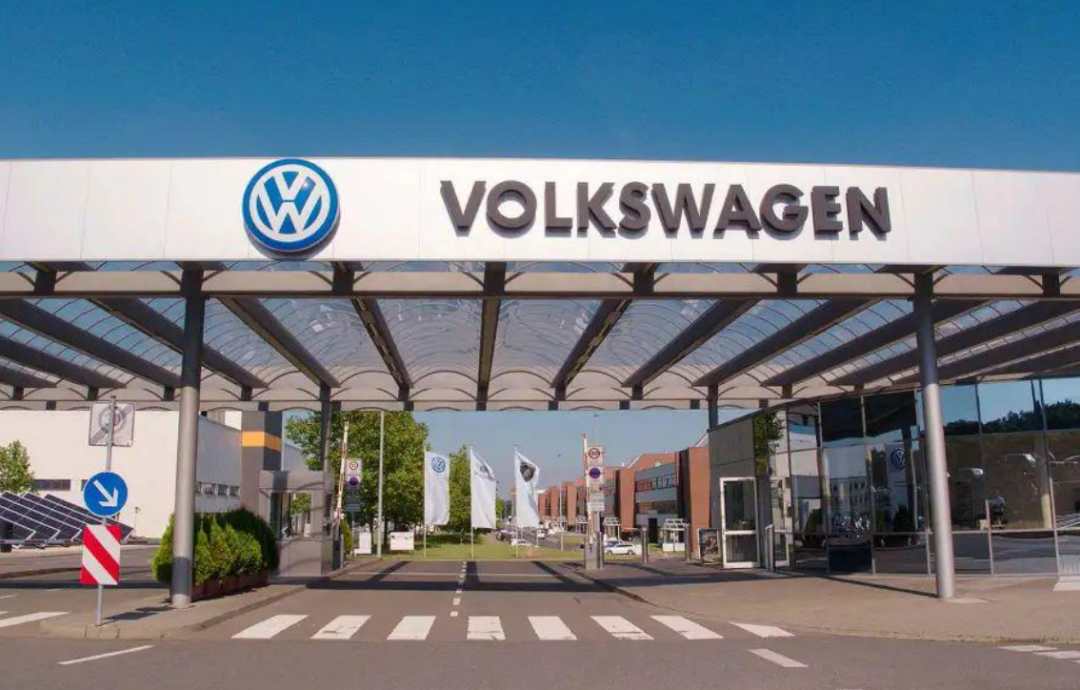
However, the main production plants of these companies have relocated to China and Southeast Asia, overlapping with the center of the new energy automotive industry to reduce logistics costs. At the same time, these markets offer opportunities to develop cutting-edge new energy automotive technologies.
Regarding the European auto market, Stefan Hartung, CEO of Bosch Group, also expressed his concerns. In an interview, Hartung said that the number of cars produced in Europe is expected to be several million fewer than expected five years ago, and it will take several years for the market to recover to its original level of automotive demand.
Against this backdrop, Bosch can only choose to adjust its industrial layout and scale, stating that if customers delay orders, Bosch factories may further reduce their workforce.
As we all know, large-scale layoffs have been initiated by several component suppliers, including Bosch, earlier this year, with the hardest hit being the European market due to weak local demand.
Now, the wave of layoffs has finally reached European automakers. From a production and sales perspective, the European automotive industry indeed needs to squeeze out some excess capacity.
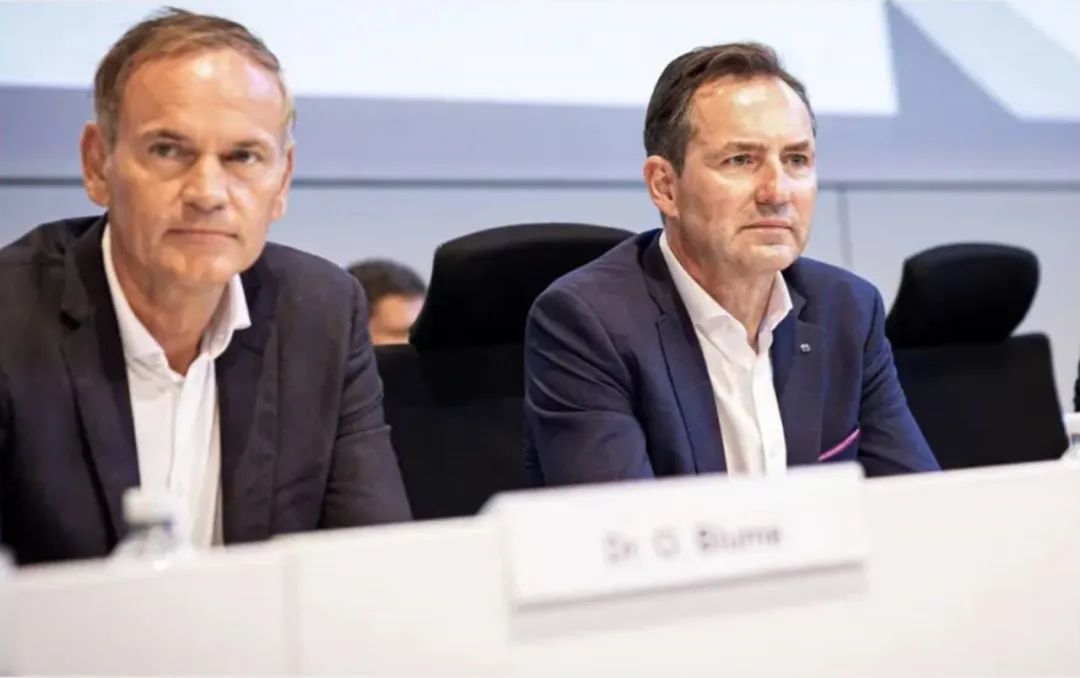
According to research by Bloomberg Business Data and Research, one-third of the production capacity at European factories belonging to automotive giants such as BMW, Mercedes-Benz, Stellantis, Renault, and Volkswagen is underutilized, with some factories operating at less than 50% capacity.
The scale of the European automotive industry appears to be significantly overcapacity, and European auto sales are facing unprecedented difficulties. In the past, some of this excess capacity would have been exported, but as European-made cars lose competitiveness in overseas markets, they are experiencing sluggish sales.
At the same time, new energy vehicles produced in China, leveraging the advantages of their industrial chain, offer lower prices and better functionality than European products, becoming the choice of many consumers.
Under the influence of multiple factors, European automakers are losing competitiveness. To maintain profitability, they can only target unprofitable factories, making cost optimization the most effective short-term solution.
Moreover, releasing news of layoffs and factory closures at this time is also a way to put pressure on the European Commission. Recently, the Chinese Minister of Commerce has been negotiating with the EU in Brussels, Belgium.
As multinational corporations, it is not appropriate to openly discuss trade protection, so they can only pressure the EU Commission in this way to prevent it from easily conceding.
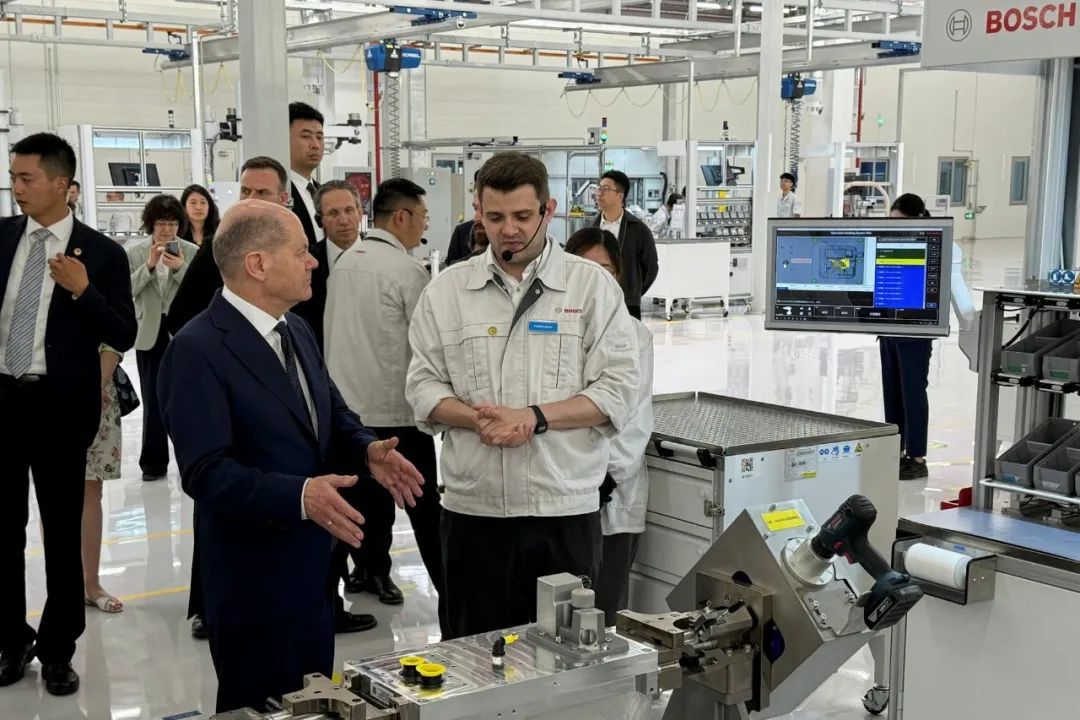
On September 19, during the ongoing negotiations, it was reported that NIO was interested in acquiring Audi's plant in Belgium, which Volkswagen plans to shut down next year.
Facing an uphill battle in the new energy competition, European automakers can only think of relying on tariffs to maintain their dignity at home. However, high tariffs will only delay the recovery of the European auto market, plunging the European automotive industry into a vicious cycle.
High tariffs cannot save the European auto market.
Note: Some images are sourced from the internet. If there is any infringement, please contact us for removal.








